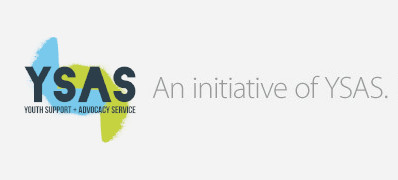Resource landscapes for young people leaving residential drug and alcohol services
Research team
A/Prof Joanne Bryant, A/Prof Sarah MacLean, Dr Jennifer Skattebol, Prof Jo Neale, Mr Mark Ferry, Mr Andrew Bruun, Dr Jacqui Sundbery, Dr Rebecca Gray.
Research partners
UNSW Sydney, La Trobe University, Kings College London, The Ted Noffs Foundation, Youth Support and Advocacy Service (YSAS)
This project aims to understand the resourcing opportunities and needs of young people in the first year after exiting residential alcohol and drug (AOD) treatment. AOD treatment is successful for many people, yet it is common to ‘relapse’ or return to treatment and to experience multiple periods of engagement, drop-out and re-engagement. This is especially true for young people who comprise over 40% of those entering AOD treatment in Australia, and whose substance use is often tied up with social disadvantages such as volatile family history, poverty, and mental ill-health, making their experience of treatment more arduous, and complicating the policy and practical responses that can be developed.
This research is sociological, drawing on concepts of ‘capitals’ and ‘capabilities’ (Bourdieu, 1986, Sen 1997) to document what young people do well in managing their lives post-treatment and, in this way, offer a departure from existing AOD treatment research, which is largely deficit-focussed and dominated by epidemiologically and psychologically-informed studies. The sociological approach means that AOD treatment trajectories are conceptualised as socially produced sets of opportunities, not as individually authored journeys, which can thereby shed light on how services might intervene at particular points to maximise positive opportunities.
The research will take place in NSW and Victoria, providing a unique opportunity to compare how resourcing is different in these States. It will include two studies: 1) a longitudinal qualitative study of 40 young people documenting the formal and informal resources they use while navigating their first year after treatment; and 2) a case study of an existing continuing care program for young people to identify its successful structures and practices.
The project will provide innovative and detailed evidence about the resourcing needs of young people – their perceptions of the resources available to them, and how they use these to maintain their AOD treatment outcomes. This will inform the development of better models of care and service delivery, reducing disparity and increasing the relevance and efficiency of services.
This project is funded by an Australian Research Council Discovery Grant DP200100492 ‘Aftercare for young people: A sociological study of resource opportunities’.




